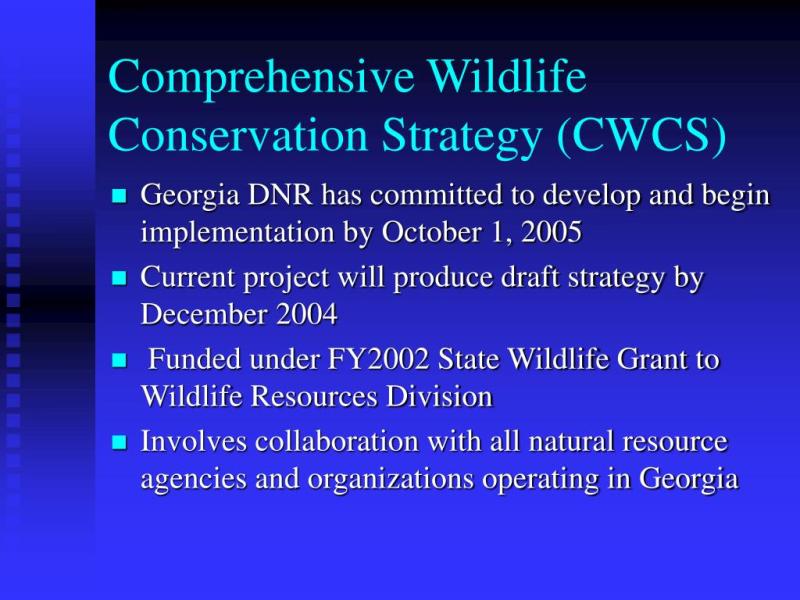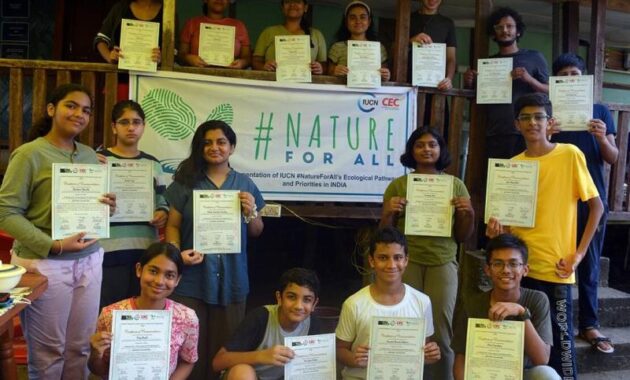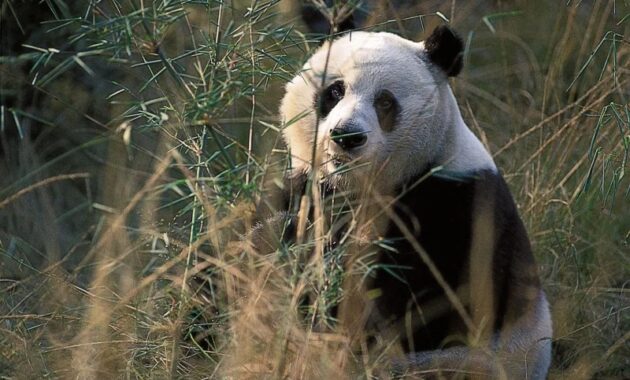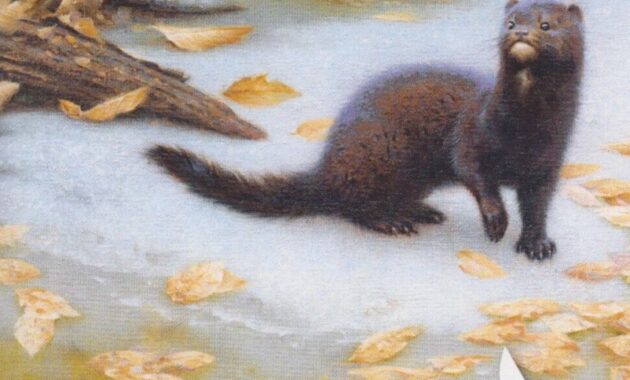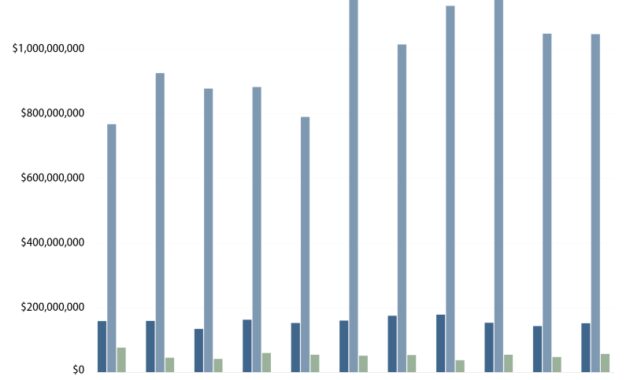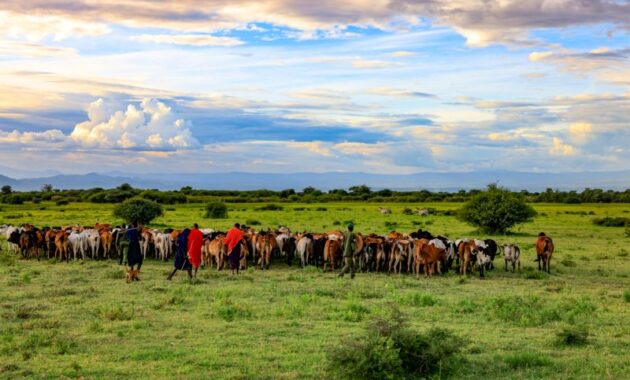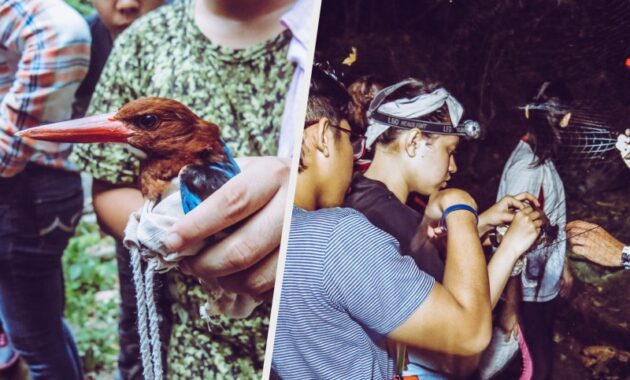Wildlife Conservation Organizations – WCS saves wildlife and wild places around the world through science, conservation, education and inspiring people to appreciate nature.
Wildlife and wild places are disappearing as the human footprint of more than 7 billion people grows. Research by the Wildlife Conservation Society shows that humans have altered 77 percent of the world’s landmass and 87 percent of Earth’s major oceans—and the pace of change has accelerated, with the country losing 10 percent of its forest cover in the past two decades.
Human activity threatens an unprecedented mass extinction of animals. Simply put, we are at a tipping point and will lose it forever. The mission of WCS is to promote science, conservation, education and appreciation of nature for wildlife and wild places worldwide. We envision a world where wildlife thrives in healthy lands and oceans, valued by communities that embrace and benefit from the diversity and integrity of life on Earth.
Wildlife Conservation Organizations
:max_bytes(150000):strip_icc()/-files--staff-from-the-west-hatch-rspca-73082537-d60bf5557bae4bf9a0c78fcac866f82a.jpg?strip=all)
Zoos and Aquariums – More than 4 million people encounter wild animals annually at WCS’s five wildlife parks. WCS is a national leader in creating exhibits inspired by their natural habitats, and manages captive breeding programs for endangered species.
Green Wave 2020: Conservation Organizations Prioritize Joint Effort In Michigan
Our goal is to protect more than half of all animal and plant species in the world’s largest wilderness areas. Our conservation work in 16 priority areas helps protect 40 percent of all mammals, 55 percent of all birds, 90 percent of all coral diversity and more than 50 percent of all sharks, rays and marine mammals.
Across our landscapes and seas, we address critical threats to animals and ecosystems, such as habitat loss, climate change, infectious diseases, natural resource extraction and wildlife crime.
WCS aims to reverse the decline of six priority species: elephants, monkeys, big cats, sharks and rays, whales and dolphins, and turtles and freshwater turtles. To save these flagship species, we need to protect large habitats that protect a large number of plants and other animals.
Our strategy is to focus on the most important, ecologically intact places on the planet – forests, coral reefs and grasslands – bastions of biodiversity with the greatest resilience to climate change. We maintain a long-term presence in 60 countries, helping to protect more than 100 endangered species and 3.6 million square miles across 4 continents and the world’s oceans.
We focus our conservation efforts on priority species groups: endangered, iconic, critical to the ecological functioning of our landscapes and seas, and powerful flagships for globally important conservation issues.
Sercab Commits To Wildlife Conservation
We operate the largest network of urban wildlife parks in the world—led by our flagship, the Bronx Zoo—connecting more than 4 million visitors a year to meaningful experiences with science, nature and conservation. Our rangers, animal care staff and field biologists specialize in the conservation, breeding and rehabilitation of threatened and endangered species.
As the world’s premier wildlife conservation organization, WCS has a long track record of achieving innovative, impactful results at scale. We build on a unique foundation: our reach is global; We discover through best-in-class science;
We protect by working on the ground with local and tribal people; We inspire through our world-class zoos, aquariums and educational programs; We leverage our resources through partnerships and powerful policy influence.
With a global workforce of more than 3,700, WCS has more boots on the ground than any other conservation organization – with projects operating across the entire ocean and more than 3 million biologically important square miles in nearly 60 countries.
We run the world’s largest conservation field projects for great apes, elephants, tigers and whales. Our network of four zoos and aquariums in New York City serves as a unique window into the natural world for city residents and a springboard for global conservation.

WCS’s uniquely effective approach delivers lasting results. We’ve rescued species from the brink and helped restore bison, tigers, gorillas, whales, coral reefs and more. We protect wild places that save wildlife and people. WCS helped create more than 300 national parks and other protected areas; We currently manage over 480 protected areas.
We strive to restore and sustain endangered species, protect Earth’s bulwarks of diversity, and create inspiring gateways to nature that demonstrate the importance of conservation. To achieve these goals, WCS will reduce threats to wildlife by strengthening and expanding protected areas, training rangers, conducting research to inform policy, and investigating disease risks.
We will protect the most ecologically important landscapes and seas around the world. WCS’s five zoos, led by our flagship Bronx Zoo, will create transformative connections between people and animals while protecting endangered species.
Allies For Wildlife
Build relationships with key people who manage and lead nonprofit organizations with Pro. Try a low-commitment monthly plan today.
Want to see how you can improve your nonprofit research and unlock more insights? Learn more about Pro.
You have profile views left. Create an account or login to unlock more profile views. Create your free account
An email has been sent to the address you provided. Click the link in that email to get more nonprofit profile data today! Elkan Wildlife Conservation Organization (EWCO) is the first and only NGO in Uganda dedicated to promoting amphibian conservation and research.
EWCO promotes the conservation of their natural ecosystems and enables positive change in human attitudes towards amphibian and reptile diversity through integrated programmes;
An Introduction To The Elgon Wildlife Conservation Organization
The Amphibian Census in Uganda is a citizen science project to map and monitor the distribution of amphibian diversity in Uganda’s protected areas. Participants will learn how to spot and identify reptiles to help scientists identify conservation concerns for amphibians and reptiles.
EWCO promotes community-based conservation by empowering communities and the public adjacent to aquatic habitats to help improve aquatic conservation in their communities. Thus, creating healthy ecosystems and increasing awareness of wildlife and other issues in our rapidly developing world.
EWCO is dedicated to providing waterfall presentations, radio talks and other educational programs to the public and schools in the communities where we work. These projects are a symbol of our initiative to transform human consciousness.
The Elcon Wildlife Conservancy seeks opportunities to improve its conservation impact by identifying and protecting landscapes of high ecological integrity with a high diversity of snake and frog species.
The Top 10 Wildlife Conservation Organizations
Project title. Red Frog Species Distribution Assessment Guiding the Establishment of Uganda’s First Ex Situ Support Program for Endangered Frog Species
Leptophilis charisimpensis is a species of frog in the family Arthroleptidae. It is found in southwestern Uganda. The species is currently listed as Vulnerable (VU B1ab-iii)) under the IUCN Red List (IUCN 2016). Among other things, they are vulnerable species in Uganda, facing massive population loss due to habitat loss, introduced species and fungal diseases, logging, charcoal burning and the use of agrochemicals.
EWCO is working to establish Uganda’s first exit support program for vulnerable and endangered frog species and seeks ex situ breeding of species to maintain genetically viable populations that can eventually be reintroduced into their natural habitats.
Conservation programs include research to confirm the true distribution of species such as adults and frogs, monitoring of known populations, implementation and training of habitat conservation measures for forest dwellers, and local community identification and conservation exercises through citizen science and conservation education. After a disturbing exposé about PetSmart working conditions, animal neglect and death, companies and experts are urging PetSmart to change its policies.
World Wildlife Day 2024: Launch Of Cites Lex, A Digital Milestone In Wildlife Conservation
Last month, a heartbreaking story in VICE revealed that poor working conditions among BC Partners, the private equity firm that owns PetSmart, were killing animals. Inadequate training, materials and equipment, management that devalues the lives of individual animals, and harsh staffing put workers and animals at risk.
The story sent waves through the animal welfare movement, and dozens of companies, veterinarians, animal care professionals and scientists signed a letter to BC Partners, PetSmart and the PetSmart Foundation to change their policies on animal sales and ask for workers’ input.
Working with the labor rights group United for Respect, PetSmart employees are asking BC partners to meet with the PetSmart Workers Group about conditions that harm the workers and animals in their care.
The world is echoed in the world animal protection, and BC Partners and Petsmart invites them to take the first step to align their business practices with their values by gradually stopping the sale of reptiles and waterfalls in their stores.
“Not isolated incidents, but rather the animals sold in Petsmart stores reveal a broken system that can cause extreme suffering and neglect.” Before the animals reach the shops, the rotation of cruelty begins. All the animals sold in the stores come from the brutal plants, where the animals are grown in large quantities regardless of their welfare.
Pet Sale of Petsmart Foundation is undermined on behalf of shelters and recovery, as pets sales are more likely to take more animals to more and more shelters. Finally, many animals sold by Petsmart – such as turtles and parrots – they contribute to deadly and destructive wildlife trade.

The
David Sheldrick Wildlife Trust Elephantidae Wildlife Conservation Nairobi Organization, Mammal, Label Png
Conservation organizations, international wildlife conservation organizations, best wildlife conservation organizations, african wildlife conservation organizations, wildlife conservation, wildlife conservation organizations near me, non profit wildlife conservation organizations, top 10 wildlife conservation organizations, biggest wildlife conservation organizations, most effective wildlife conservation organizations, organizations for wildlife conservation, wildlife conservation organizations list
- Conservation Education Programs 2023 - August 19, 2024
- Endangered Species Protection - August 16, 2024
- Wildlife Habitat Preservation 2024 - August 15, 2024

